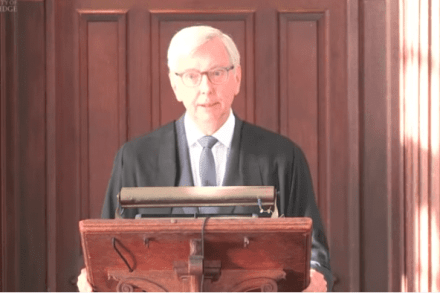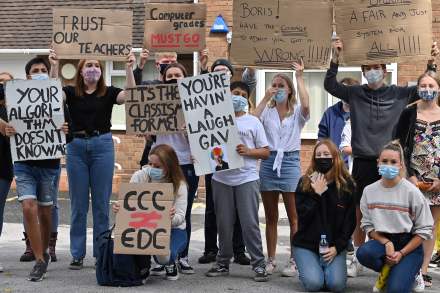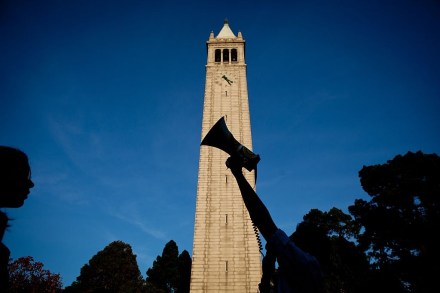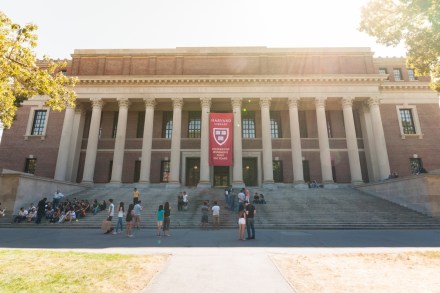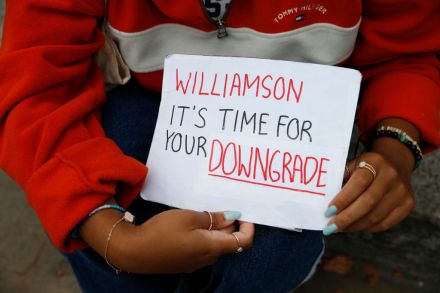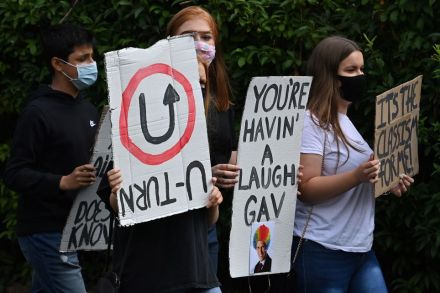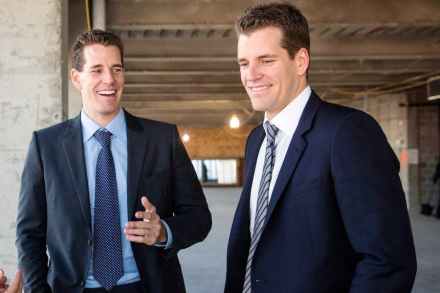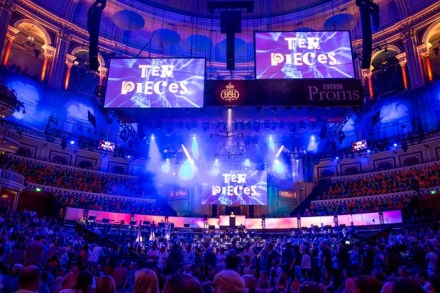Cambridge deserves better than Stephen Toope
Regular readers may be aware that in recent months I have been having a running-spat with a Canadian lawyer called Stephen Toope. I am rarely exercised by Canadian lawyers, but this particular one is the current Vice-Chancellor of Cambridge University, and he seems intent on running that crown jewel of an institution into the ground. Since taking over as Vice-Chancellor, Mr Toope has been responsible for a wide array of anti-free speech initiatives through which, as I recently remarked in the Daily Telegraph, he appears to want to transform Cambridge University into something like the Canadian bar association, but without the thrills, or the pay. Anyhow – our spat came
